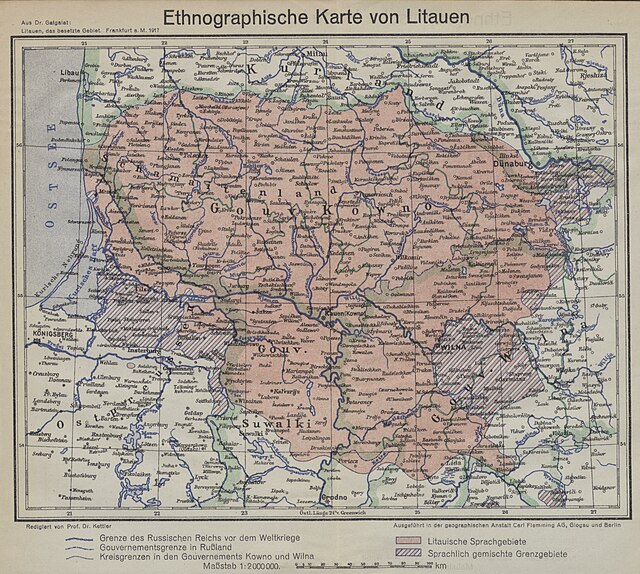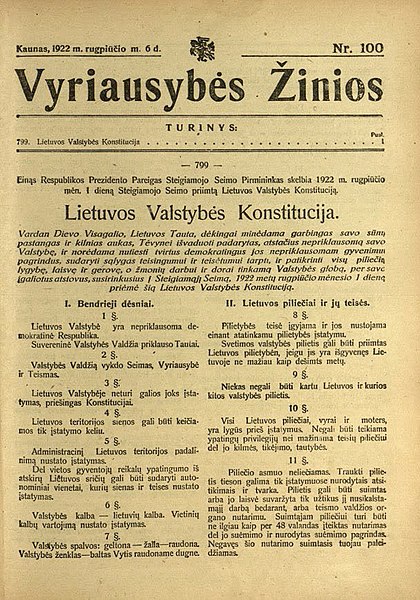The Jagiellonian or Jagellonian dynasty, otherwise the Jagiellon dynasty, the House of Jagiellon, or simply the Jagiellons, was the name assumed by a cadet branch of the Lithuanian ducal dynasty of Gediminids upon reception by Jogaila, the Grand Duke of Lithuania, of baptism as Władysław in 1386, which paved the way to his ensuing marriage to the Queen Regnant Jadwiga of Poland, resulting in his ascension to the Crown of the Kingdom of Poland as Władysław II Jagiełło, and the effective promotion of his branch to a royal dynasty. The Jagiellons reigned in several European countries between the 14th and 16th centuries. Members of the dynasty were Kings of Poland (1386–1572), Grand Dukes of Lithuania, Kings of Hungary, and Kings of Bohemia and imperial electors (1471–1526).
Jogaila, later Władysław II Jagiełło (c. 1352/1362 – 1 June 1434) was Grand Duke of Lithuania (1377–1434), King of Poland (1386–1399) alongside his wife Jadwiga, and then sole King of Poland.
Baptism of Władysław III of Poland at Wawel in 1425
The Crusade of Varna was a series of events in 1443–44 between the crusaders and the Ottoman Empire, culminating in a devastating Christian loss at the Battle of Varna on 10 November 1444.
Thirteen Years' War—Battle of Chojnice in 1454
Lithuanian is an East Baltic language belonging to the Baltic branch of the Indo-European language family. It is the language of Lithuanians and the official language of Lithuania as well as one of the official languages of the European Union. There are approximately 2.8 million native Lithuanian speakers in Lithuania and about 1 million speakers elsewhere. Around half a million inhabitants of Lithuania of non-Lithuanian background speak Lithuanian daily as a second language.
The oldest surviving manuscript in Lithuanian (c. 1503), rewritten from a 15th century original text.
Ethnolinguistic area of Lithuanians and the Lithuanian language in 1917 by Prussian Lithuanian professor Vilius Gaigalaitis (Wilhelm Gaigalat), the dashed areas represent linguistically mixed border areas where Lithuanians formed a large minority
Title page of Vyriausybės Žinios with articles of the 1922 Constitution of Lithuania. The sixth article established Lithuanian as the sole official language of Lithuania.
Linguistic areal of the Lithuanian language in Russia and German Prussia by Ethnographer Franz Oskar Tetzner in 1902








